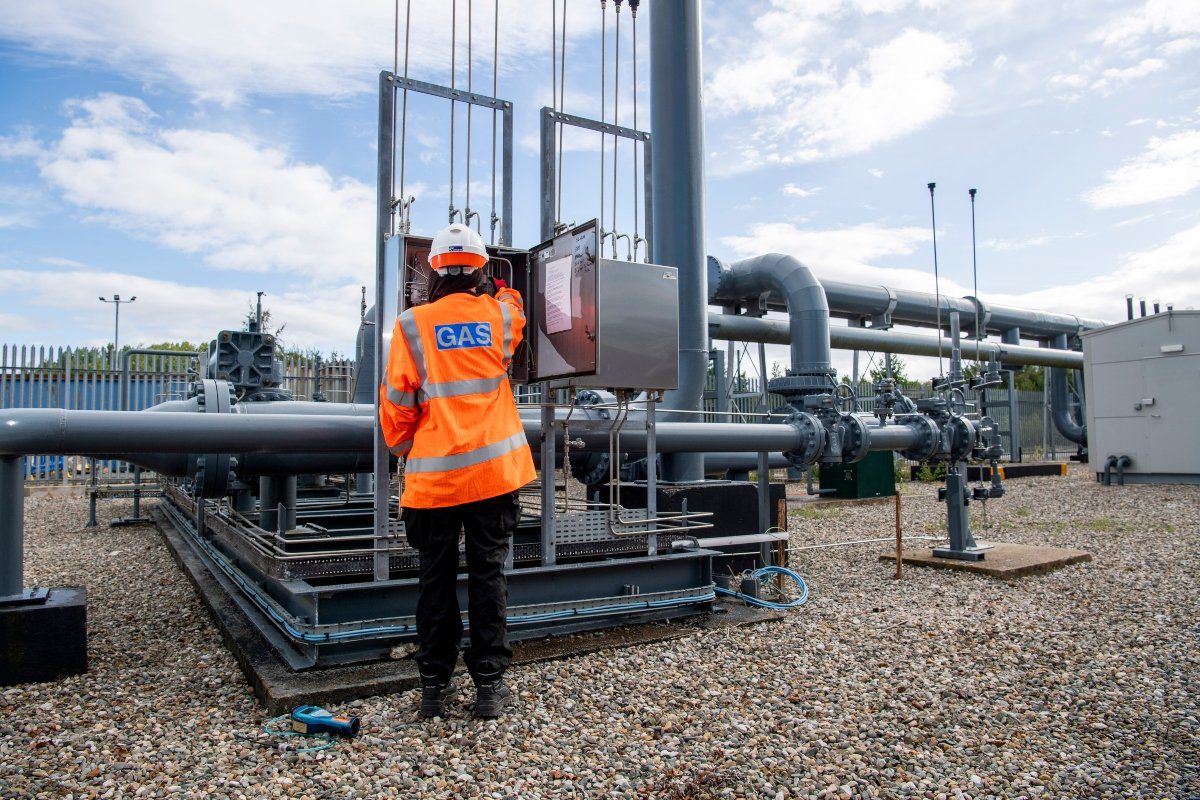Misguided tax reforms meant to reduce landfill would have a devastating impact on one of the UK’s key foundation industries, with a knock-on impact for UK construction and nature conservation, according to the principal UK trade association representing the mineral products industry.
The Mineral Products Association (MPA) has warned the Government that its proposed changes to Landfill Tax — set to be introduced in 2027 — risk triggering a nationwide shortage of aggregates, threatening quarry restoration plans and hitting construction with a double-whammy cost increase.
Responding to the Treasury’s consultation, MPA has alerted ministers to the serious consequences of removing the ‘quarry exemption’, whereby inert waste materials that cannot be used in construction are exempt from Landfill Tax when used in the restoration of quarried land to create new areas of nature conservation or to bring agricultural land back into use.
The British mineral products industry is a leader in recycling, recovering more demolition and excavation waste for use as construction aggregate than virtually anywhere else in Europe. Bringing in inert materials that have no other economic use such as chalk, clays and soils is important for operators to fulfil their quarry restoration commitments.
Coupled with the proposal to transition to a single rate of landfill tax from 2030, the removal of the quarry exemption would add billions of pounds onto the cost of operating many of the UK’s quarries and delivering their restoration plans. That would render sites no longer economically viable either to operate or to restore. Over 50 active quarries in England operated by MPA members are estimated to be at risk under the current Treasury proposals, threatening availability of essential materials and potentially leaving quarries unrestored for decades.
The UK consumes around 200 million tonnes of aggregates each year for use on their own in construction or as a key ingredient in concrete or asphalt – materials that are essential for transport, energy, water and defence infrastructure, as well as housing, education, healthcare and social care. Replenishment rates of mineral products are already at an all-time low; for example, for every 100 tonnes of sand and gravel sold in the last ten years, only 61 tonnes of new permissions have been granted.
The removal of the quarry exemption would result in reduction in overall national production capacity, given the added costs of operation and restoration. MPA says that costs would invariably have to be passed on, doubling the blow to construction companies and housebuilders who would also be faced with increased costs of disposing of their own inert waste.
The MPA calculates that the current proposals would add between £22,000 and 28,000 to the cost of building a new house, based solely on the additional cost of waste disposal. Some infrastructure schemes would face increased costs running into tens or even hundreds of millions of pounds.
According to the MPA, the transitional solutions proposed in the Landfill Tax consultation for sites to transfer to the ‘deposit for recovery’ regime are not possible under current rules. The association warns that trying to resolve permitting at each of the affected quarries individually is likely to overwhelm the Environment Agency given the short timescales, and the current “glacial pace” of issuing new permits.
The group argues that an alternative solution can be made to work but it will require Government to act swiftly and decisively given the 2027 deadline that has been set. MPA proposes that quarries currently operating under the exemption, which was introduced in the late 1990s, should be allowed to continue, while new applications to support restoration activity would have to be permitted as ‘recovery’ sites.
Mark Russell, Executive Director for Planning and Mineral Resources at MPA, said: “We can all agree that the Landfill Tax is in need of reform, but the Treasury’s proposals risk shutting down much of our sector and must be revised urgently. Quarries have strict planning conditions to ensure land can be restored to good use after extraction – this relies on bringing in inert materials with no other use, such as chalk, clay or soils. Taxing these materials at over £125 per tonne is as damaging as it is absurd, and will result in worse environmental outcomes while adding significant costs to the delivery of infrastructure and housing.
“Our members already faces long-term challenges to ensure a steady and adequate supply of essential minerals, but this reform risks triggering a serious materials crisis in this parliamentary term. Our industry recycle more materials per capita than almost anywhere else in Europe, and make good use of materials that cannot be recycled to restore land back to use. Not only does this enable the production of essential materials that the whole economy relies on, but also delivers more new areas for nature than any other industry. The Government’s Landfill Tax reform proposals would make our sector’s contribution unviable in many cases, and we urge ministers to look at the sensible solutions we’re proposing, which include exemptions and regulatory fixes.”















